| There's nothing about TikTok in my 2022 reading and writing plans. Why would there be? I'm far too serious for that kind of stuff. Yet a couple of weeks after I posted those plans I'd signed up for an account. Now I'm addicted. Why? Because I've sold a few books, although not as many as I'd like to. But mostly because it's a fun place to be. |
Welcome
I started this blog in 2013 to share my reflections on reading, writing and psychology, along with my journey to become a published novelist. I soon graduated to about twenty book reviews a month and a weekly 99-word story. Ten years later, I've transferred my writing / publication updates to my new website but will continue here with occasional reviews and flash fiction pieces, and maybe the odd personal post.
|
6 Comments
These two unconventional novels address the difficulties of reconciliation to individual and societal involvement in the exploitation and annihilation of other communities and ethnic groups. Neither tells a straightforward story, but I struggled most with the structure and style of the first. This is a pity, as I’d like to have learned more about the persecution and murder of Guyana’s indigenous people. I found the second, about the legacy of the Holocaust for contemporary Germans, an easier read.
I'll continue posting longer reviews of books gifted to me by the author or publisher, but I'll probably keep this up for books I've bought myself. It should work for me, but will it work for you? Let me know in the comments what you think.
Read on for reviews of six contemporary novels, one classic novel, a short story collection and two non-fiction books, all read over the last three months.
These two recent reads about a subject close to my heart: finding the meaning within supposed madness and unOthering those deemed severely mentally ill. The first is a classic, an antidote to the mad woman in the attic in Jane Eyre; the second, which deserves to become a classic, published this year. I have no hesitation in recommending them both.
I’ve been reading about fictional male vulnerability in this contemporary translation and this classic from seven decades ago. In the latter, a man has lost his infant son in Nazi-occupied France. Although he’s had an easier war in England, he’s almost as lost as the child. In the other, a family flees poverty in Russia, ostensibly in the hope of better health care for an orphaned boy. But perhaps it’s not him, but his grandparents, who need help most.
Here we have two highly successful mid-twentieth century novels with hospital settings. The first is a comedy of manners only partly set on a medical ward for older women in a London hospital; the second is an exuberant but ultimately devastating portrayal of an Oregon State medical hospital. What’s it like to read/reread them during pandemic six decades after they first hit the shelves?
I recently read two novels set in England almost a century apart about young women returning to their parents after their marriages break down. Unfortunately for both of them, their childhood homes are stepping stones to something more terrifying than the confidence lost from relationship failures: in the first, Grace spends months on the streets; in the second, Clara is confined to a dismal mental institution.
It is a truth universally acknowledged that a mother in fear of penury will sacrifice a daughter in marriage to a man she does not love. Jane Austen famously satirised such mothers two centuries ago; Janice Hadlow’s debut novel gives Mrs Bennet’s unloved middle daughter Mary a makeover in similar style. Angie Cruz, while perhaps not intentionally channelling Pride and Prejudice, draws on the painful mother-daughter dynamic in her Women’s Prize longlisted novel about 1960s migration to New York from the Dominican Republic.
As these might be the only non-fiction books I read this year, I was keen to link them. So following on from two novels about dislocation, I’m delighted to share reviews about the opposite. Unfortunately I got myself lost in the first, aimed at readers with a more solid grounding in Greek and Roman antiquities, but managed to navigate better through the second, which is about literally and metaphorically finding and losing our way.
In these two novels, a teenage girl needs a safe place to retreat from the world, but the sanctuary she’s chosen won’t easily let her go. In the first, a convent provides shelter to a girl fearful of the consequences of an unplanned pregnancy; in the second, a psychiatric hospital offers a welcome respite from the strain of appearing sane. It’s pure coincidence that the main characters’ names – Dolores and Deborah – begin with the same letter and that both remind me of my forthcoming novel, Matilda Windsor Is Coming Home.
Here are two novels inspired by classic tales: the first, a feminist retelling of Beowulf; the second, a homage to Ulysses and James Joyce. No need to have read the source material to appreciate them – I haven’t – although the first probably works better as a stand-alone than the second.
Two novels, written and published almost a century apart, about adolescent boys moonstruck by a slightly older teenager. You don’t have to share the narrators’ fascination to enjoy the novels, although it would probably help! The happenstance of coordinating covers suggests to me the novels are thematically well matched.
I’m not always drawn to sequels, but Dr Jekyll and Miss Blaine both caught my eye because they promised to be fun. The first needs no introduction; the second is a time travelling crime novel about a woman who loathes The Prime of Miss Jean Brodie for giving her alma mater, the Marcia Blaine School for Girls, a bad name. Both feature mysterious deaths and, as an added bonus, the second namechecks Mr Hyde.
|
entertaining fiction about identity, mental health and social justice
Annecdotal is where real life brushes up against the fictional.
Annecdotist is the blogging persona of Anne Goodwin:
reader, writer, slug-slayer, tramper of moors, recovering psychologist, struggling soprano, author of three fiction books. LATEST POSTS HERE
I don't post to a schedule, but average around ten reviews a month (see here for an alphabetical list), some linked to a weekly flash fiction, plus posts on my WIPs and published books. Your comments are welcome any time any where. Get new posts direct to your inbox ...
or click here …
Popular posts
Categories/Tags
All
Archives
March 2024
BLOGGING COMMUNITIES
|

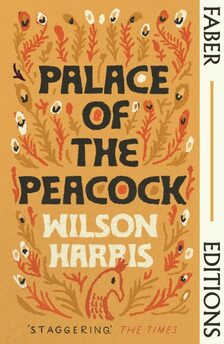

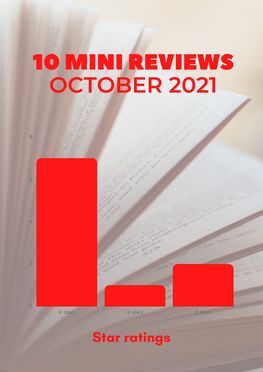
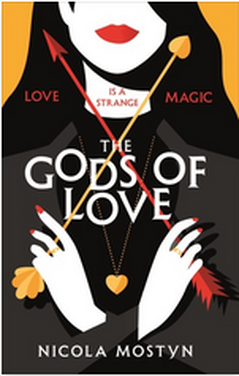

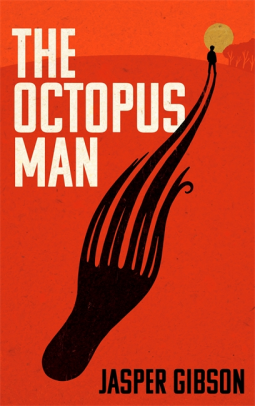
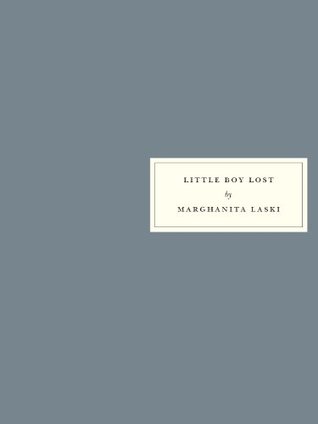
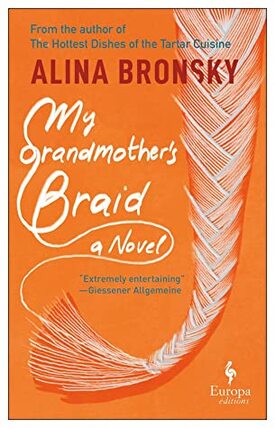
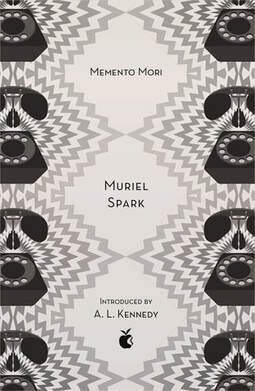
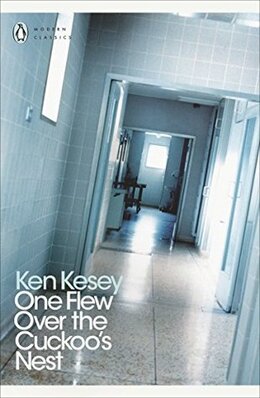
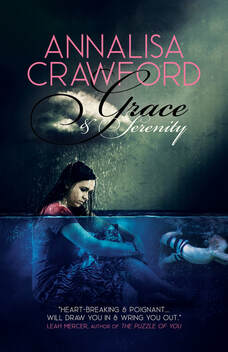
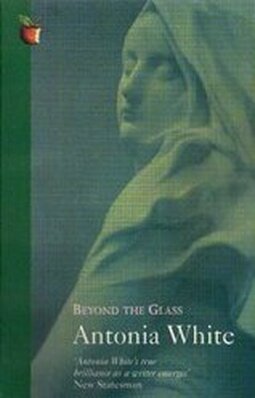
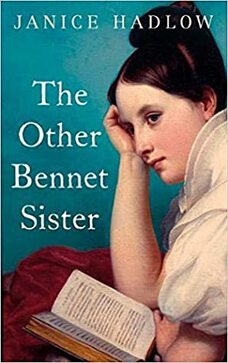
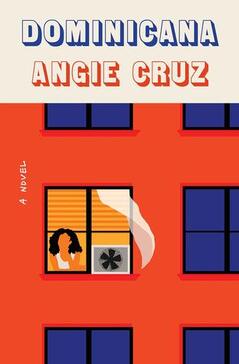

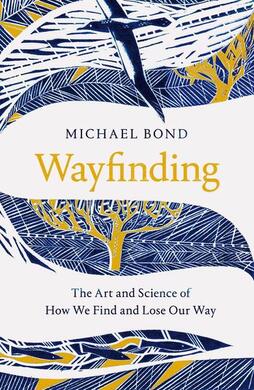

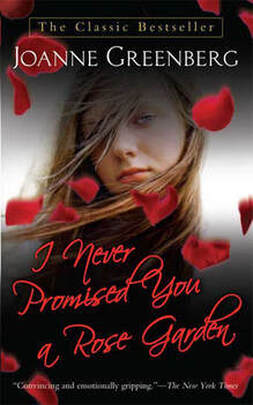
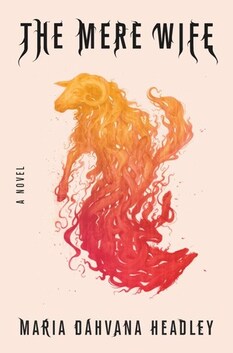
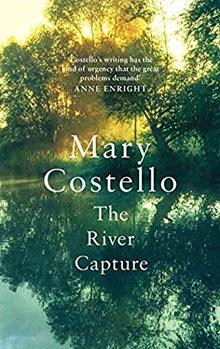
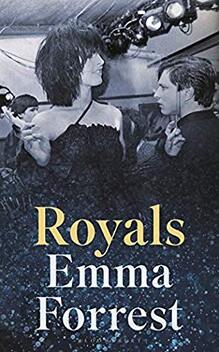
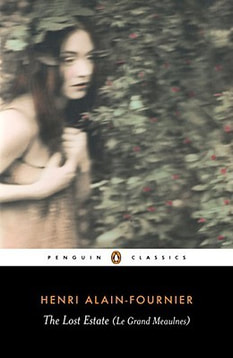
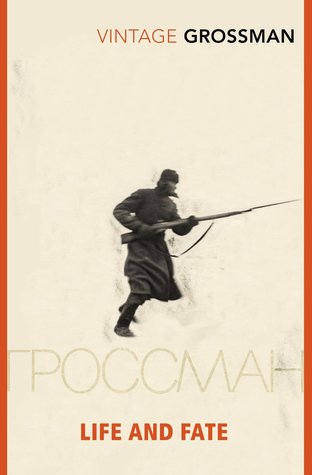
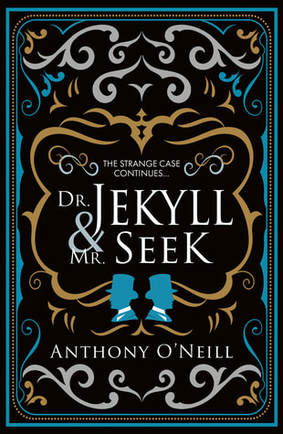
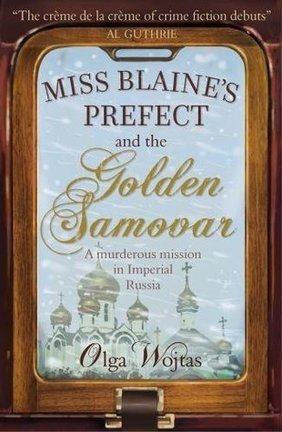





















 RSS Feed
RSS Feed





















